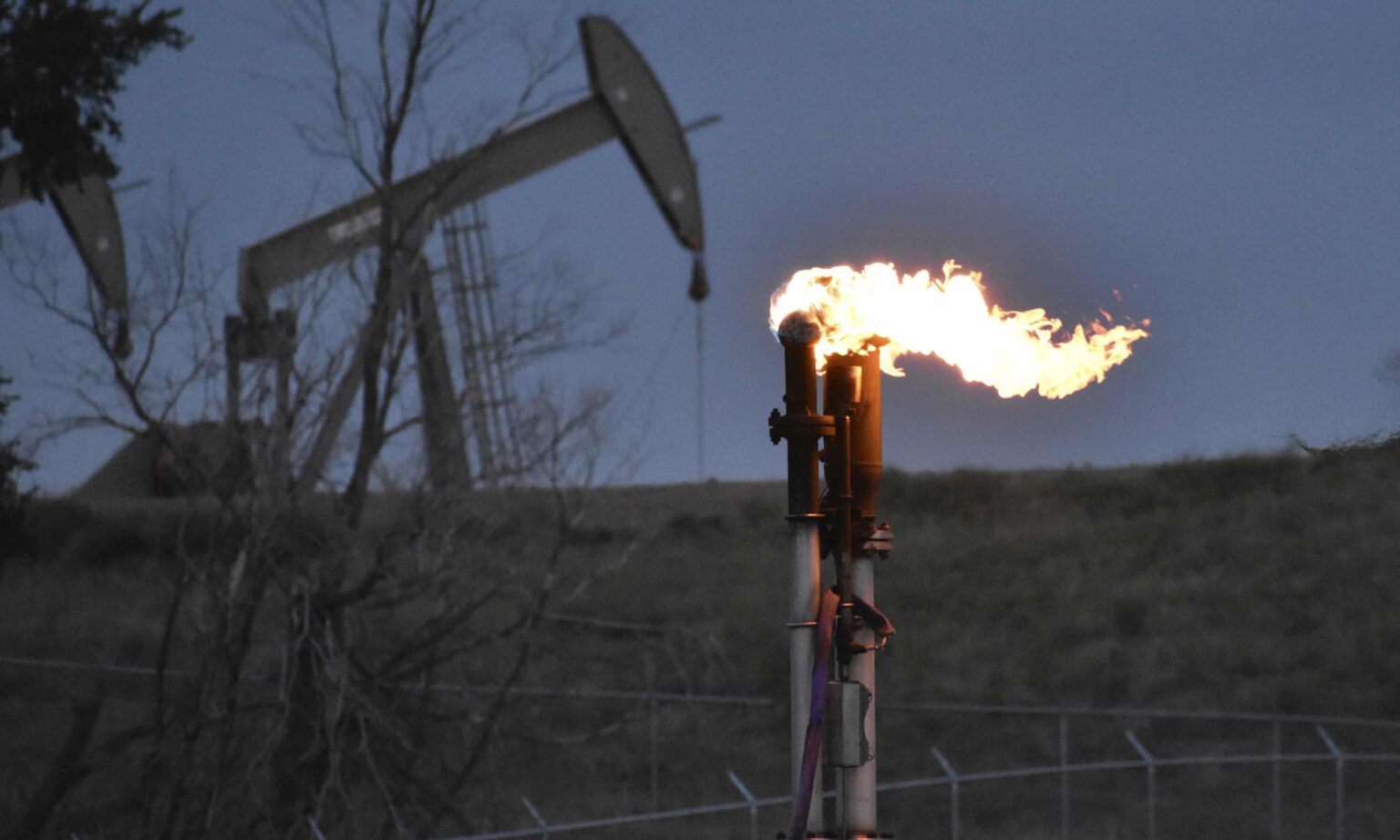Fossil fuel companies are now facing an unprecedented challenge as they grapple with the urgent need to address methane emissions from their operations. This call to action has been resoundingly echoed by the International Energy Agency (IEA), whose recent warning starkly outlined that without substantial reductions in methane emissions, achieving global climate targets will remain an insurmountable task. The urgency of this matter cannot be overstated, with methane identified as a potent greenhouse gas responsible for approximately 30% of the observed temperature increases to date.
The IEA’s comprehensive report offers a sobering insight into the staggering scale of methane emissions stemming from fossil fuel operations worldwide. Whether these leaks originate from coal mines or oil and gas wells, they constitute a significant portion of anthropogenic methane emissions. Of particular concern are the notable disparities in leak rates observed between various regions and companies, underscoring the critical need for widespread adoption of best practices to effectively mitigate these emissions.
For the fossil fuel industry, the task of addressing methane emissions presents a multifaceted challenge, coupled with an array of promising opportunities. While it’s undeniable that substantial investments are required to implement robust mitigation measures, insights gleaned from the IEA’s analyses indicate that the financial commitment would merely constitute a fraction—approximately 5%—of the industry’s profits from the preceding year. This revelation not only underscores the financial feasibility of instituting measures to curb emissions but also underscores the industry’s potential to lead in sustainable practices.
By embracing this challenge, the industry stands poised to demonstrate its commitment to environmental responsibility while simultaneously capitalizing on the potential benefits for both the environment and the global climate. Thus, while the road to methane emission reduction may be complex, it presents a unique juncture for the industry to showcase its adaptability and contribute positively to the collective efforts aimed at mitigating climate change.
Furthermore, the IEA’s report underscores the paramount importance of international collaboration and innovative financing mechanisms in effectively tackling methane emissions. By harnessing resources and expertise from both the public and private sectors, countries can accelerate efforts to reduce emissions and transition towards cleaner energy sources. With the forthcoming Cop29 UN climate summit looming on the horizon, scheduled to convene in Azerbaijan, there exists a pivotal opportunity for governments and corporations alike to reaffirm their commitments to methane reduction and set ambitious targets for the future.
Addressing methane emissions presents a multifaceted challenge, with one of the foremost obstacles being the urgent necessity for the development of more sophisticated monitoring and reporting mechanisms. Ensuring the accuracy and transparency of reported data is paramount in this endeavor. The findings of the IEA’s Global Methane Tracker have brought to light significant disparities between officially reported emissions and the actual data collected from real-world observations. This disjunction underscores the pressing need to refine existing monitoring technologies and to enhance the transparency of data collection and reporting processes. Such efforts are imperative in order to effectively address methane emissions and mitigate their adverse environmental impacts.
In conclusion, urgent and concerted action is imperative to curb methane emissions and mitigate their adverse impact on the climate. It is incumbent upon governments, corporations, and civil society to collaborate closely, implementing effective mitigation measures and transitioning towards sustainable energy sources. By heeding the IEA’s counsel and prioritizing methane reduction efforts, we can take a significant stride towards combating climate change and safeguarding the planet for future generations.
